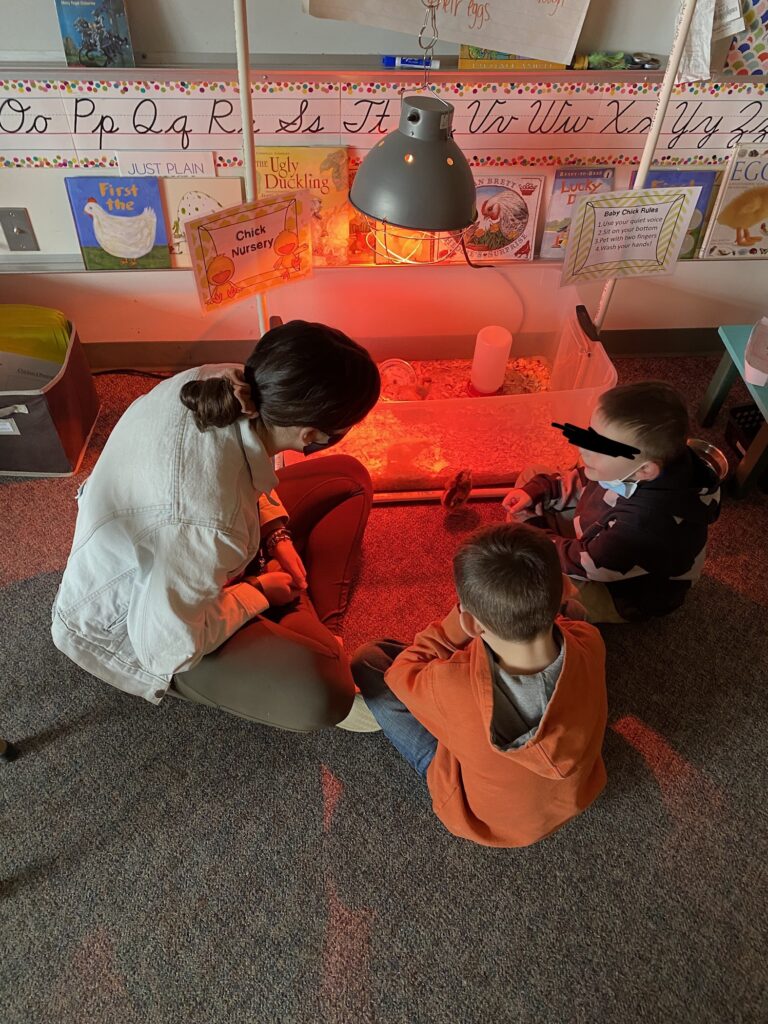Educators value the success of all students. Educators care for students and act in their best interests.
As I teach and learn through my final practicum, I have come to discover so many things about myself as an educator. I have learned about myself, that what I love most in education, is reaching the “hard-to-reach” students, the “challenging” students, and the “barometer” students. My final practicum class was considered a very challenging class by many of the adults in the school. I was more than willing to accept this challenge.
After about two weeks of my practicum experience, I decided I needed to do a desk change. I found that many of my students were not in an optimal position for their learning. My biggest focus was a student, who I will call student M, who was in the very back of the classroom. I had come to realize that M had very limited comprehension of task instructions, and would often copy seemingly random words from the whiteboard into his notebooks, to appear busy. He also spent his eating time pre-occupied with chatting, and rarely had enough time to eat enough, causing him agitation later in the day. Further, he also had a tendency to deliver very quiet insults to students in the room, when adults were out of earshot.
I moved M into the front row, and began my attempts at reaching him. He had little trust for adults, and in conversations with his mother, I learned that he did not enjoy school. I started making efforts to casually speak with him every morning when he came in. I praised him frequently, whenever I could catch him in positive behaviours. I wanted him to know that I cared for him. Since he was in the front, he could no longer whisper cruel words as easily, but even when I was not near, the other students were rarely reporting any insults to me. He began making stronger friendships, and started frequently asking me to take pictures of him with his friends to send to his mother. He became more and more socially confident, and sparked a strong relationship with his desk mate. I finally started to see him smile. I learned about his interests, and made it clear to him that I valued them.
When I realized that he had a fascination with dinosaurs, I adapted my soft starts. At the beginning of the week, I would have M pick two dinosaurs out of a book for me. Twice a week, my soft start would be a colouring sheet of this dinosaur, with facts and information of the dinosaur on the other side. The class loved these soft starts, and most of them started to make “books” out of the sheets. M felt so much pride in his new role.
One day, M and his desk partner discovered word searches. They were immediately hooked! They began making word searches for one another, and begging me for word search time. M was a student with extremely limited literacy capacities, so I was thrilled to find a medium that sparked a literary interest for him! I printed out word search after word search, and in any free time, allowed them word search time, and had them “mark” one another’s work.
When my students were required to write, I would give the instructions to the whole class, and before I began to circulate, I would check-in with M. He had many great ideas, but could not comprehend how to get them onto paper. I began scribing his ideas for him. I would ask him a question / give him a prompt, and when he responded, I would record his answer. Then, he would copy down what I had written into his notebook. Slowly, he began to make the connection between his own ideas, and the task at hand. Since he was now in the front row, I could monitor his progress from where I was instructing, and when conversing with him, I could keep an eye on the rest of the class. It was a good thing that multi-tasking is a forte of mine! I also began colour coding what I wrote on the board. For example, black writing could be a prompt that everyone would write, blue writing would be some brainstorming/ideas, and green writing would be writing that was required in a certain section. This helped M to distinguish what to copy down, and what to leave, so that he was no longer writing the entire board into his book to “look busy.”
My greatest accomplishment with M, is the day that I overheard him talking to his desk group about how he “loved everything about school.” I was overjoyed. M is no longer one of the more “difficult” students in the class. He smiles, he talks to the other students kindly, and confides in myself and the other adults in the room. I frequently tell him how proud I am of him, and write home to his mother to tell her all the positive behaviours he exhibits at school.
I am so very proud of M and his progress. Although he is one of many in my class that I have seen growth in, his changes are the most drastic. I chose to write about this student, because it seemed as though he had been “written off” by many of the adults in the school. I am so proud of his growth, and I can’t wait to see what else he can do. Good work, M!

Pictured: M and one of his new friends visiting with myself and the class chicks.